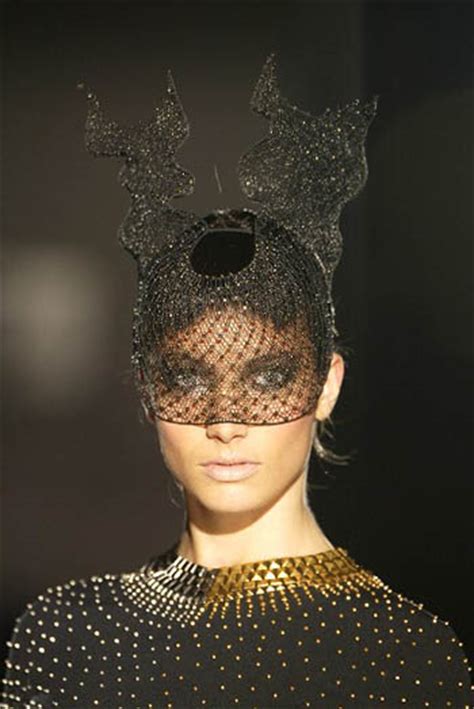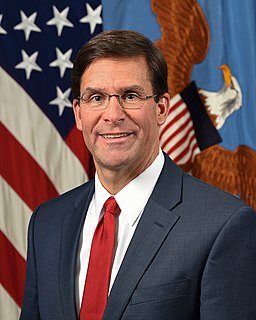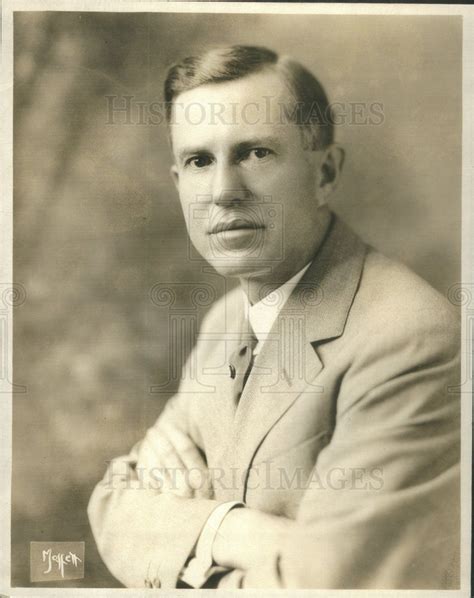A Quote by John Vianney
There were two saints in the desert, who had sewed thorns into all their clothes; and we seek for nothing but comfort!
Related Quotes
Saints rarely have friends; they are usually hated and derided, for they love and love is always rejected by hard-hearted men....saints do not advertise themselves; good men do not seek out a name in the world....the saints did what they did almost in stealth, asking nothing except that men love God.
There was a loneliness because kids my age had video games, tennis. They traveled. They had beautiful clothes. I was wearing my sisters' old clothes that were adjusted on me, because we didn't have money to buy clothes. So that really made me go deep inside on my heart, because the only things I could have with me were my heart and my brain.
Whatever I had read as a child about the saints had thrilled me. I could see the nobility of giving one's life for the sick, the maimed, the leper. But there was another question in my mind. Why was so much done in remedying the evil instead of avoiding it in the first place? Where were the saints to try to change the social order, not just to minister to the slaves, but to do away with slavery?





































